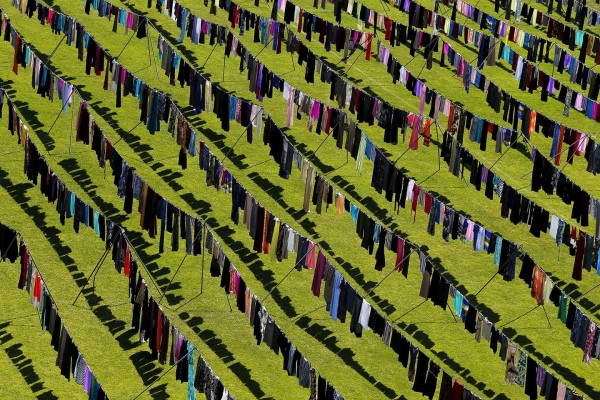Sexual abuse is an aberrant historical constant in every war. However, it was only in the late 20th century that these criminal behaviours were explicitly condemned by the international community, thanks to the affirmation of the inviolability of certain rights belonging to all human beings, which is an essential principle of the international legal system. The present document recalls the most important phases with regards to the judicial and normative development of repressive systems and - in more recent times - of the prevention of the abovementioned crimes.
Starting from the first attempts to condemn sexual war crimes - which can be already traced in the Hague Convention of 1907 - and the silence of the International Courts established after World War II, the paper comes to the recognition of this criminal offence in the Statute of the International Criminal Court and its latest judgement against Jean-Pierre Bemba Gombo. In this analysis, the writer highlights the fundamental contribution of the ad hoc Tribunals in making sexual abuse during conflict and war times a punishable offence.
In fact, thanks to the work of these Judicial bodies, sexual crimes committed during conflicts or wars are no longer understood as “ordinary gender-based violence” but as an authentic “weapon” of war and also as an instrument of genocide and ethnic cleansing. Finally, some of the most important regulations and resolutions on the matter at the UN level are mentioned in the document.
Whilst a lot has been done on this issue, there is still much which can and must be done, especially in finding effective preventive measures. Nonetheless - thanks in part to a long and difficult judicial and normative development process, but also to a widespread social awareness and a greater respect towards gender diversity - a decisive international action for the repression of this phenomenon is presently on-going.







